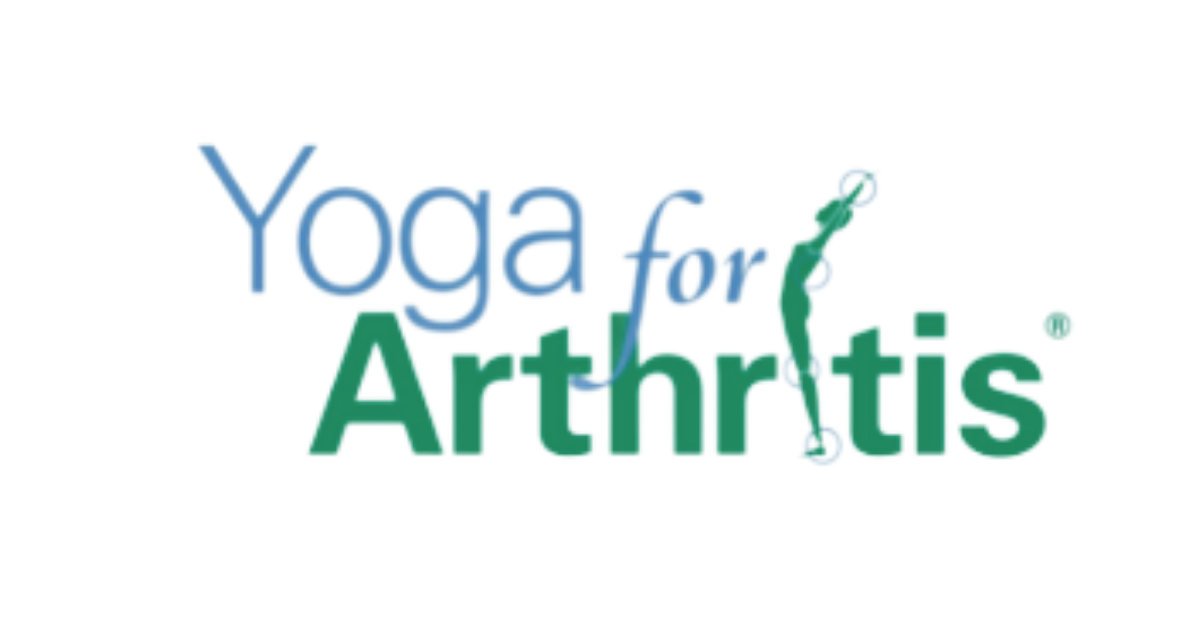Research Summary – Predictors of Fatigue in RA
Predictors of Fatigue in Rheumatoid Arthritis Patients in Remission or a Low Disease Activity State
Fatigue is a very common and often debilitating symptom in patients with rheumatoid arthritis (RA). Research shows that fatigue is a problem even for RA patients who are in remission or a low disease activity state1. This article expands upon the investigation of this type of lingering fatigue in RA patients, and the relationship between fatigue and other factors such as disease-activity measures, physical functioning and demographics.
This study looked at data from patients enrolled in a large, 11-year, Norwegian study (The Norwegian Disease-Modifying Antirheumatic Drugs Register). From the larger sample of 1.5 million patients, researchers first selected 2,193 patients who had been treated with Methotrexate only or Methotrexate in combination with biologics. They then looked more closely at the 32% who were in remission or a low-activity disease state after 6 months of treatment.
More than one in four (28%) of these patients continued to report high levels of fatigue in spite of having low disease activity.
Results show that greater pain and poorer physical functioning were both predictors of fatigue. Other notable factors associated with fatigue include being female, being younger and having a greater number of tender and swollen joints.
Interestingly, patients taking the combination of medications showed greater reductions in fatigue in comparison to those taking just Methotrexate. However, as the authors point out, these results should be interpreted cautiously as the patients in the combined therapy group initially reported greater pain and disease activity in comparison to the Methotrexate only group.
While this article offers a glimpse into factors associated with fatigue, more research is needed on ways to reduce this lingering and debilitating symptom beyond what is offered by pharmacologic treatment alone. Preliminary research appears to support a combination or integrative approach to RA-disease management that includes coping-skill management, physical activity, and mindfulness-based training.2
Yoga, which has previously been shown to reduce pain and improve physical function3, also promotes mindfulness and some of the other skills mentioned above. With an individually tailored approach, yoga, in conjunction with conventional medication, may have the potential to be particularly helpful in addressing the pervasive effects of fatigue for those living with RA.
LINK to the full article.
Submitted by Dana Halkowski
1. Curtis JR, Shan Y, Harrold L, Zhang J, Greenberg JD, Reed GW. Patient perspectives on achieving treat-to-target goals: a critical examination of patient-reported outcomes. Arthritis Care Res (Hoboken) 2013;65:1707–1712.
2. Cramp F, Hewlett S, Almeida C, Kirwan JR, Choy EH, Chalder T, et al. Non-pharmacological interventions for fatigue in rheumatoid arthritis. Cochrane Database Syst Rev. 2013;8:CD008322.
3. Moonaz SH, Bingham CO 3rd, Wissow L, Bartlett SJ. Yoga in Sedentary Adults with Arthritis: Effects of a Randomized Controlled Pragmatic Trial. Journal of Rheumatology, 2015 Jul:42(7):1194-202.doi: 10.3899/jrheum.141129.

